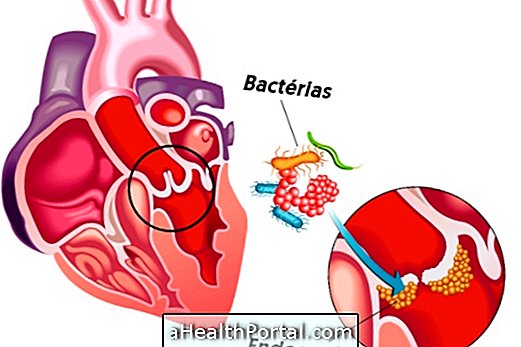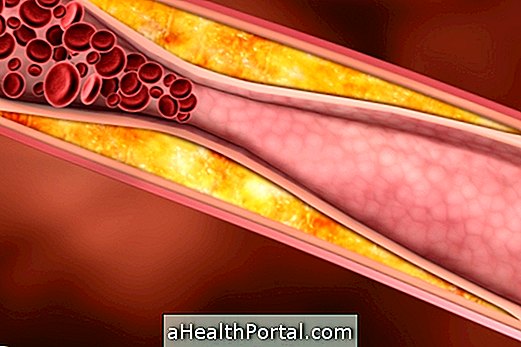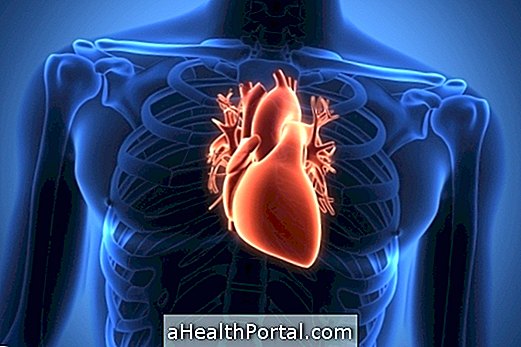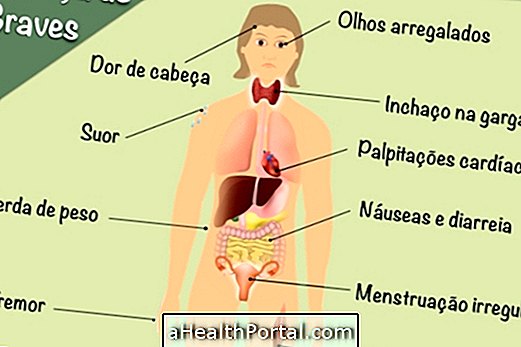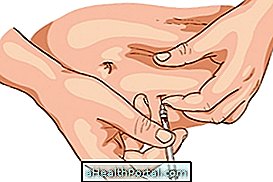Infarction in women causes more deaths than in men because it causes different symptoms of chest pain commonly seen in males. This makes women take longer to ask for help than men, which increases the chances of complications and death.
It is also important to remember that postmenopausal women with a family history of heart disease are at increased risk for a heart attack. See below for other myths and truths on the subject.
1. Are women at higher risk of stroke than men?
Myth. Women are less likely to have a heart attack than men, as well as have a lower risk of developing diseases such as diabetes, high blood pressure and atherosclerosis.
2. Are women at higher risk of myocardial infarction?
Truth. Younger women have a lower risk of heart attack than men, but after age 45 and menopause, the chances of having heart problems and other health problems increase because of changes in hormones.
3. Does infarction always cause chest pain?
Myth. The symptom of chest pain is more common in men, while in women the main signs of a heart attack are fatigue, difficulty breathing, nausea, vomiting, back and chin pain and the throat. Also, not always the infarction causes symptoms and often only discovered after the patient go to the hospital with malaise, vomiting and dizziness. See more about the symptoms here.
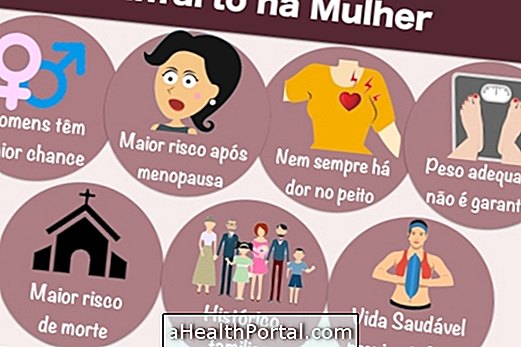
4. Women die more of a heart attack than men.
Truth. As the symptoms of a woman's infarction are usually milder, they take longer to identify the problem and to call for help, which increases the risk of death and complications. See how the infarction treatment is done.
5. Does family history increase the chance of a heart attack?
Truth. Both women and men are more likely to have a heart attack when there are relatives who also had the same problem or who have diseases such as diabetes and high cholesterol.
6. Women at the right weight do not have a heart attack.
Myth. Even women who are within the proper weight may suffer heart attacks, especially if they do not eat healthy, do not engage in physical activity, smoke, and use birth control pills.
7. Having a family history guarantees that you will also have a heart attack.
Myth. Although the chances of having a heart attack are higher, women with a family history can prevent this problem by maintaining a healthy lifestyle by eating a balanced diet, exercising regularly, and avoiding diseases such as high cholesterol, diabetes, and high blood pressure .
To prevent a heart attack, see 12 signs that may indicate heart problems.


